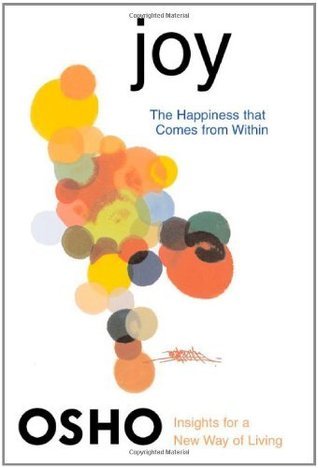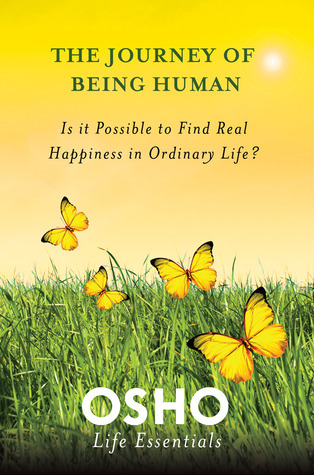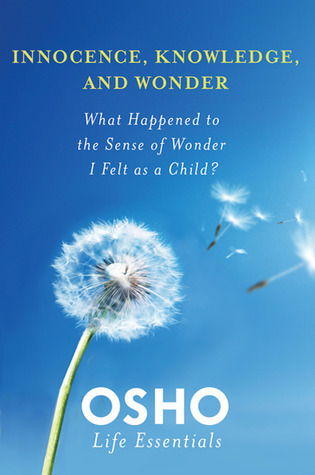
Intuition: Knowing Beyond Logic
Book Description
What if the most powerful answers lie beyond logic? Dive into Osho's "Intuition: Knowing Beyond Logic," where the boundaries of rational thought dissolve into a realm of profound understanding. Amidst the chaos of modern life, this book unlocks the hidden potential of intuition—a force that guides decision-making, shapes destinies, and unveils deeper truths. With provocative insights and transformative teachings, readers will learn to trust their inner voice and embrace the wisdom that lies within. As the world rushes forward, can intuitive knowledge lead to a more authentic existence?
Quick Book Summary
Osho's "Intuition: Knowing Beyond Logic" is an exploration of the deeper realms of human consciousness, focusing on the often-overlooked role of intuition. Arguing that modern society overemphasizes rationality, Osho encourages readers to move beyond logic and tap into a more profound, instinctive wisdom. The book offers guidance on recognizing and trusting one's inner voice, presenting intuition as a crucial tool for navigating both personal and existential challenges. Through anecdotes, philosophical discourse, and practical exercises, Osho reveals how intuition can foster authenticity, creativity, and spiritual awakening. Ultimately, the book is a call to move past habitual thinking, access inner knowing, and discover a more harmonious and meaningful way of living.
Summary of Key Ideas
Table of Contents
The Limitations of Rational Mind
Osho begins by highlighting the boundaries of rational thinking, noting how heavily modern life is structured around logic, analysis, and external information. While acknowledging the utility of reason, he contends that relying solely on logic leads to a mechanistic, superficial experience of life. Osho points out that true understanding often arises from moments of sudden insight or knowing—what he defines as intuition. These breakthroughs do not follow a linear path but rather emerge from silence, openness, and receptivity. He invites readers to reexamine their dependence on intellect and consider the possibility of deeper ways of knowing.
Cultivating and Trusting Intuition
Moving beyond the critique of rationalism, Osho delineates the essential nature of intuition. Unlike acquired knowledge, intuitive awareness is innate and present in every individual. To access it, one must create internal space through meditation, mindfulness, and stillness. Osho suggests that intuition is most accessible in relaxed, non-demanding states, where the mind's chatter subsides, and clarity emerges. Through practice, individuals can strengthen their trust in intuition, learning to differentiate it from fleeting emotions or anxieties. The process, Osho asserts, is gradual yet transformative, resulting in greater self-trust and confidence.
Intuition and Spiritual Awakening
A central theme in the book is the relationship between intuition and spiritual development. Osho suggests that intuition serves as a bridge to higher states of consciousness, offering glimpses into the interconnectedness of existence. By attuning to intuition, spiritual seekers can move beyond the ego's limitations and align more closely with their true essence. Osho draws on Buddhist perspectives and Eastern philosophies, viewing intuition as a key component of enlightenment. He presents numerous anecdotes and parables to illustrate how intuitive insights have guided sages, artists, and mystics throughout history.
Overcoming Conditioning and Fear
Osho acknowledges the obstacles that prevent people from embracing their intuition, focusing on societal conditioning and fear. From an early age, individuals are trained to suppress their inner voice in favor of conformity and external approval. Osho encourages readers to question these ingrained patterns, advocating self-inquiry and conscious living. He provides practical techniques and meditative exercises designed to dissolve fear, open the heart, and restore access to intuitive wisdom. Liberation from conditioning is presented as not just possible, but essential for authentic living.
Integrating Intuition in Everyday Life
In the concluding part of the book, Osho turns to the application of intuition in everyday life. He illustrates how intuitive guidance can shape relationships, career choices, creativity, and problem-solving. Osho cautions against treating intuition as infallible, instead advocating a balanced approach where intuition and intellect support each other. By honoring inner knowing alongside reason, individuals can navigate life with greater fluidity, joy, and authenticity. Osho's closing message is one of empowerment: each person possesses an internal compass capable of guiding them toward fulfillment and truth.
Download This Summary
Get a free PDF of this summary instantly — no email required.





